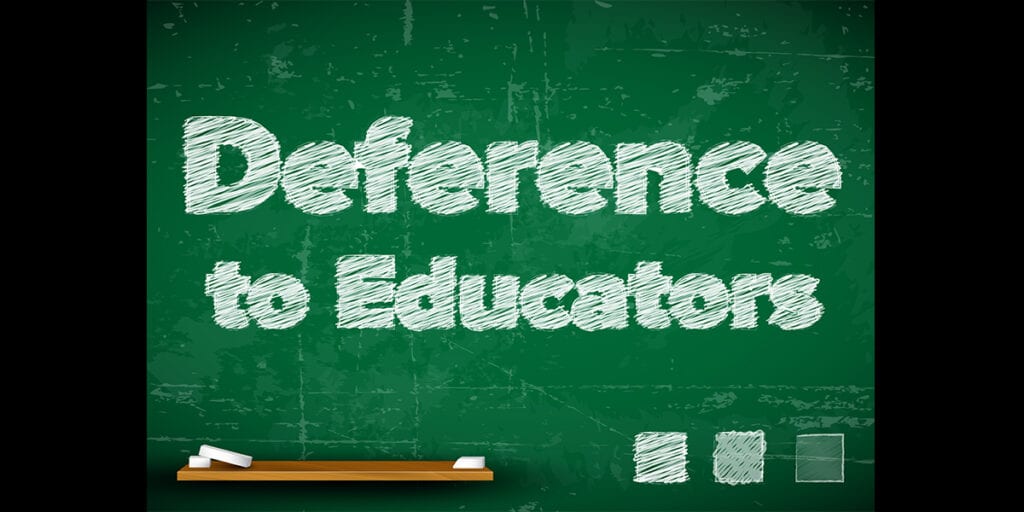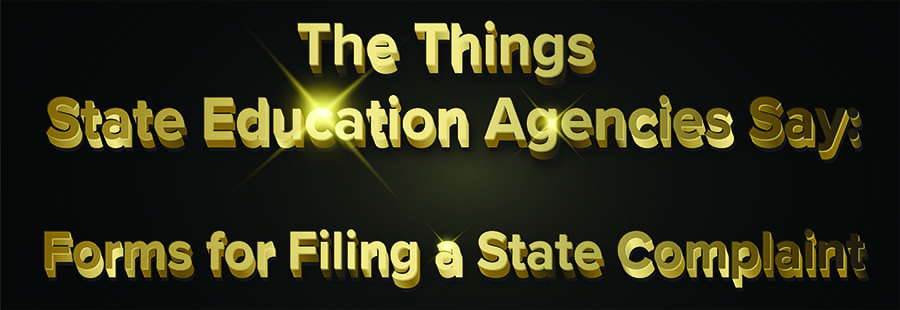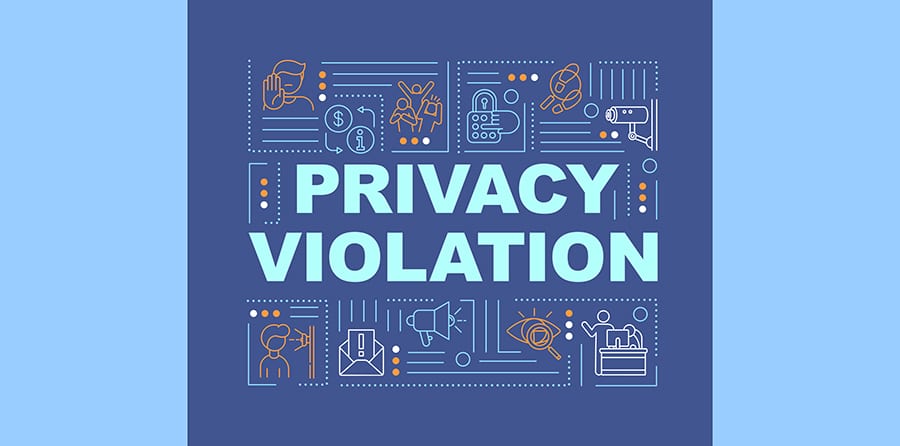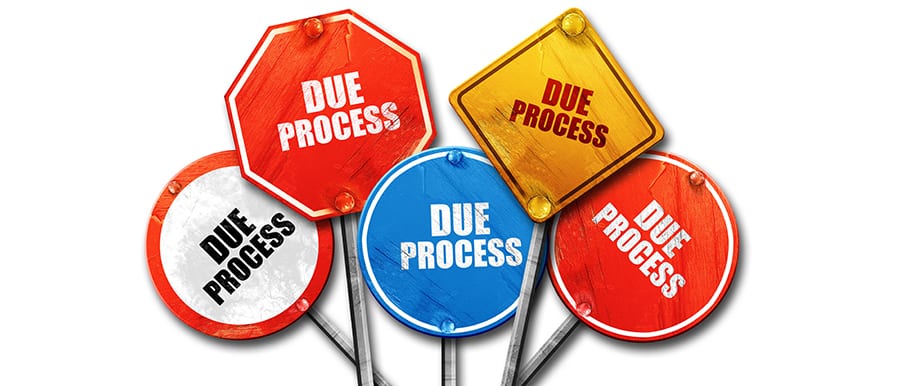Going Local: Virginia
View Fairfax County Public Schools’ “Concurrent Instruction Professional Development Guidebook”
Documents, images, and videos noted within the guidebook are included as well.
The Things School Division Lawyers Say: Deference to Educators
Should deference be given to educators? Does a degree related to education and/or a certain number of years working within the field of education entitle them to a certain level of respect? Or, should respect be based on their actions, on their record of working within the field of education?
What if those educators are the root of a child not receiving FAPE?
Should respect be paid to the principal with 40 years in education, whose ignorance bred illiteracy within her school? What of the teacher with two years of experience, whose ego won’t let him believe he could possibly be wrong, so he fights everything a parent says—and lies—just to stay in the right? What of the procedural support liaison who toes the county’s line rather than addressing the student’s need—the one who advised you to “Remember, this is public school,” when she thought it unrealistic for the school to provide the services needed to fully address your student’s unique needs?
Do these “educators” deserve respect? Should deference be given to them?
The Things Hearing Officers Say: Deference to Educators
While there are educators who are of great worth, parents too often have sat in IEP meeting after IEP meeting, opposing educators whose lack of training, lack of experience, lack of empathy—and sometimes all three—are negatively impacting students. Add to this, educators who make a parent’s opposition personal, to the point they oppose everything a parent states, just to oppose it, with all focus on their egos rather than the needs of the child.
So, what happens when the school division counsel argues for deference to educators as part of his due process hearing final brief? Does deference have to be given to the very educators who have so often been the root of all the problems?
The Things State Local Education Agencies Say: Forms for Filing a State Complaint
The goal is to share information that will help other families 1) know how issues in their states and/or school district have been handled and 2) know established patterns of behavior that they might face; and 3) advocate for change.
Each post will be updated as new information is received. For example, this post features an example related to the Virginia Department of Education. The goal is to have something representing every state added to this post.
Negative Impact of VDOE’s Inaccurate Information Continues
June 3, 2017, VDOE was made aware of bad/broken links in its “Parent’s Guide to Special Education Dispute Resolution” document.
Almost four years later, the bad/broken link in question— https://www.doe.virginia.gov/VDOE/dueproc—is still listed 11 times the parent’s guide.
Independent Educational Evaluation: VDOE Rules FCPS in Noncompliance; Follows OSEP Monitoring Report
Below is an example of an IEE-related Letter of Findings, which the Virginia Department of Education (VDOE) issued after it found Fairfax County Public Schools (FCPS) in noncompliance.
VDOE’s Letter of Findings language can be used as guidance as you write your own state complaint in Virginia. If you live in another state, explore if your state has the same regulations as Virginia or if those regulations are in line with IDEA.
8 VAC 20-81-110.B.2
One goal of this series is to identify usage trends. Each article will be dedicated to one regulation. The articles will be routinely updated to include when, where, how, and who most recently cited the regulations.
§300.323(c)
One goal of this series is to identify usage trends. Each article will be dedicated to one regulation. The articles will be routinely updated to include when, where, how, and who most recently cited the regulations.
Fairfax County Public Schools, Sands Anderson, and Blankingship & Keith Breach Privacy During Due Process
Fairfax County Public Schools (FCPS) and two law firms with which it works—Sands Anderson and Blankingship & Keith—failed to secure personally identifiable information on seven occasions in just a four-month period, between June and October of 2020.
During this period, four due process complaints were filed on behalf of four children. Their parents requested that their children’s full records be provided. They didn’t request unredacted information about other children (or adults). However, that’s what they received.
Due Process Diaries: Hearing Officer Confirmation, Pre-Hearing Scheduling, Granting Control to LEA Lawyers
The hearing officer’s confirmation letter and her notice of pre-hearing letter fall on the benign side, with a few exceptions:
Metadata lists them as being associated with the U.S. Army.
They included incorrect information related to the parents.
They granted the LEA’s lawyer control of the conference platform.
Prepare for Due Process by Tapping into the Training Provided to Hearing Officers
Can a hearing officer force a family to meet in person, rather than virtually, even though the family and/or witnesses fall into the category of at-risk?
Can their training help parents prepare for due process?
These are just a few of the questions running through my mind when I submitted a Freedom of Information Act (FOIA) request to the Virginia Department of Education (VDOE) for “all of the training materials that VDOE provides to hearing officers, as well anything else related to their training.”
Why did HO Morgan Brooke-Devlin Work Out of the Office of Blankingship & Keith During a Due Process Hearing?
Does the Following Smell Neutral?
Virginia Hearing Officer Morgan Brooke-Devlin worked in a Blankingship & Keith office during a due process hearing for which she was assigned to be the hearing officer.
In addition to its lawyers being bcc’d on e-mails from teachers to students, Blankingship & Keith lawyers, among other things, represent school divisions during due process hearings.











